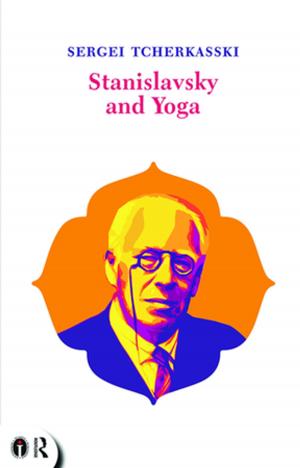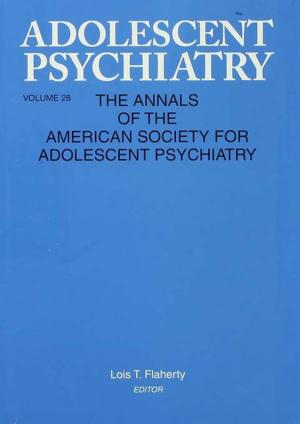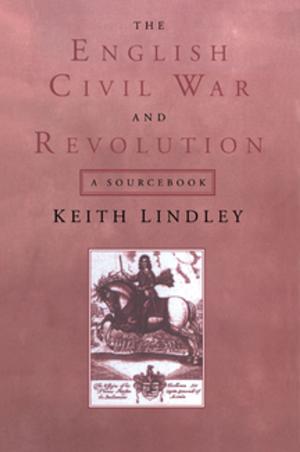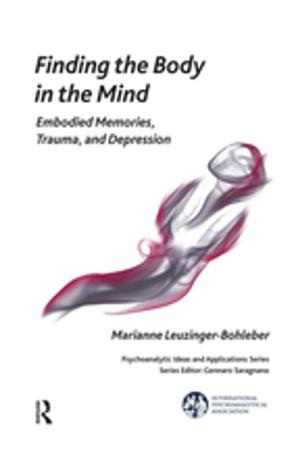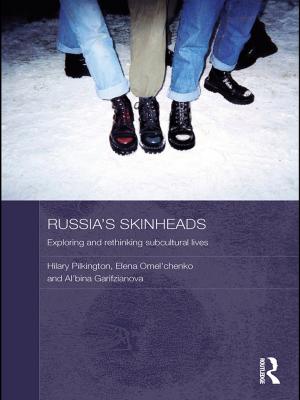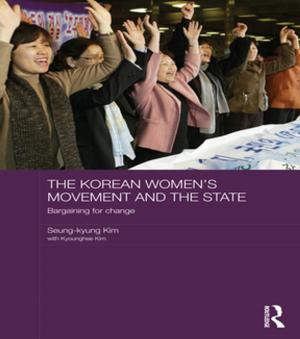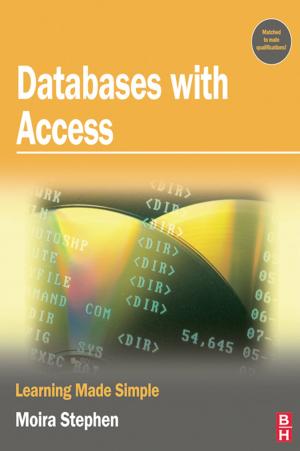Women and Print Culture (Routledge Revivals)
The Construction of Femininity in the Early Periodical
Fiction & Literature, Literary Theory & Criticism, Women Authors, British, Books & Reading| Author: | Kathryn Shevelow | ISBN: | 9781317620259 |
| Publisher: | Taylor and Francis | Publication: | August 11, 2015 |
| Imprint: | Routledge | Language: | English |
| Author: | Kathryn Shevelow |
| ISBN: | 9781317620259 |
| Publisher: | Taylor and Francis |
| Publication: | August 11, 2015 |
| Imprint: | Routledge |
| Language: | English |
With the growth of popular literary forms, particularly the periodical, during the eighteenth century, women began to assume an unprecedented place in print culture as readers and writers. Yet at the same time the very textual practices of that culture inscribed women within an increasingly restrictive and oppressive set of representations. First published in 1989, this title examines the emergence and dramatic growth of periodical literature, showing how the journals solicited women as subscribers and contributors, whilst also attempting to regulate their conduct through the promotion of exemplary feminine types. By enclosing its female readership within a discourse that defined women in terms of love, matrimony, the family, and the home, the English periodical became one of the main linguistic sites for the construction of the eighteenth-century ideology of domestic womanhood.
Based on the close scrutiny of the popular periodical press between 1690 and 1760, including journals such as the Athenian Mercury, the Tatler, and the Spectator, this study will be of particular value to any student of the relationship between women and print culture, the development of women’s magazines, and the study of literary audiences.
With the growth of popular literary forms, particularly the periodical, during the eighteenth century, women began to assume an unprecedented place in print culture as readers and writers. Yet at the same time the very textual practices of that culture inscribed women within an increasingly restrictive and oppressive set of representations. First published in 1989, this title examines the emergence and dramatic growth of periodical literature, showing how the journals solicited women as subscribers and contributors, whilst also attempting to regulate their conduct through the promotion of exemplary feminine types. By enclosing its female readership within a discourse that defined women in terms of love, matrimony, the family, and the home, the English periodical became one of the main linguistic sites for the construction of the eighteenth-century ideology of domestic womanhood.
Based on the close scrutiny of the popular periodical press between 1690 and 1760, including journals such as the Athenian Mercury, the Tatler, and the Spectator, this study will be of particular value to any student of the relationship between women and print culture, the development of women’s magazines, and the study of literary audiences.


